Why do my gums bleed?
Bleeding gums is not normal, and you should visit your dental professional for a comprehensive evaluation. Here are some reasons why your gums might bleed.
- Poor oral hygiene
- Smoking
- Gum disease
- Trauma to the mouth
- Systemic health conditions (i.e., diabetes, bleeding disorders)
- Hormonal changes (puberty, pregnancy, menopause, etc.)
- Vitamin deficiencies
- Blood thinning medications
- Stress
Bleeding Gums and Gum Disease
Swollen and bleeding gums are early signs that your gums are inflamed and there is an infection. A healthy mouth has gums that are light pink in color and fit firmly around each tooth. There is no bleeding when you brush or clean between your teeth.
Bleeding is not normal. Bleeding is a sign of infection.
Gingivitis is inflammation of the gums. Inflamed gums (gingivitis) are often red, swollen, bleed, and are tender. If left untreated, gingivitis may progress. Periodontitis occurs when there is loss of bone that supports the teeth. This will put you at a greater risk for tooth loss.

The disease starts with a sticky film called dental plaque that forms on your teeth, especially along the gumline and between the teeth. When plaque accumulates in these areas it causes gum inflammation leading to gum disease.
What should I do if I notice my gums are bleeding?
- Visit your dental professional. It is important to visit the dentist regularly. Bleeding is a sign of infection, but there are many different risk factors that can contribute. Your dental professional will evaluate your entire medical history. Fluctuating hormones, stress, medications, and poor nutrition are some examples of risk factors that can impact your inflammatory response. Your dental professional will determine what professional services you need to get your mouth back to a healthy state.
- Practice good oral home care. Brush your teeth twice a day and clean between your teeth once a day. You may have crowded teeth or different dental restorations (i.e., crowns, bridges, implants), so it is important to discuss with your dental professional what products would be best for you.
Prevention with TePe Oral Hygiene Tools
Start by using TePe products to get one step closer to a healthy mouth!


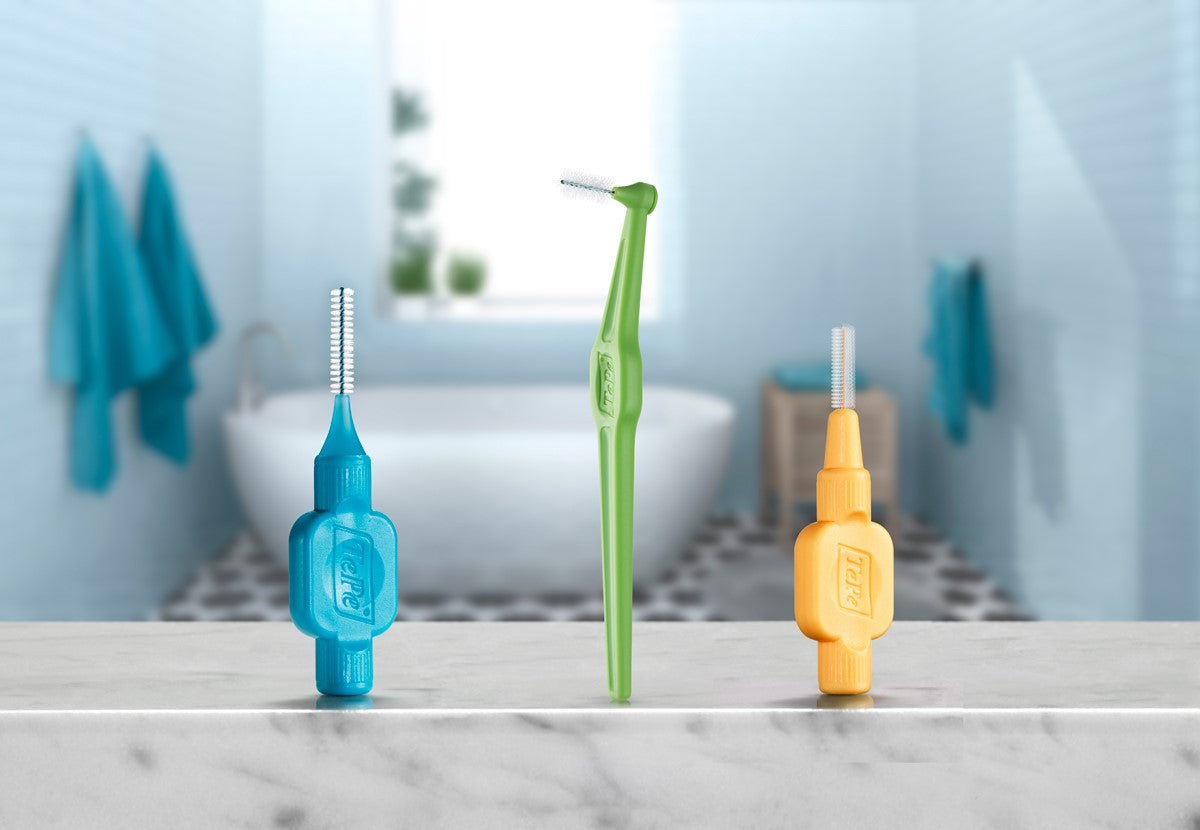
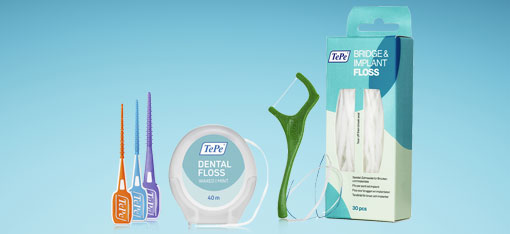
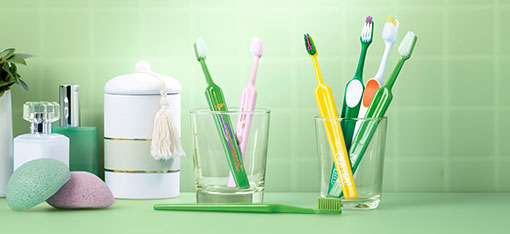
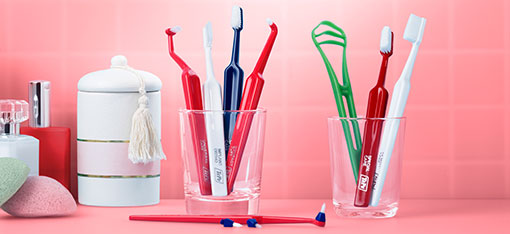
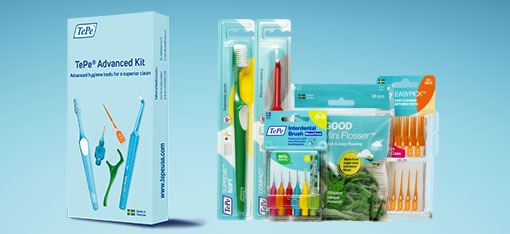




Leave a comment